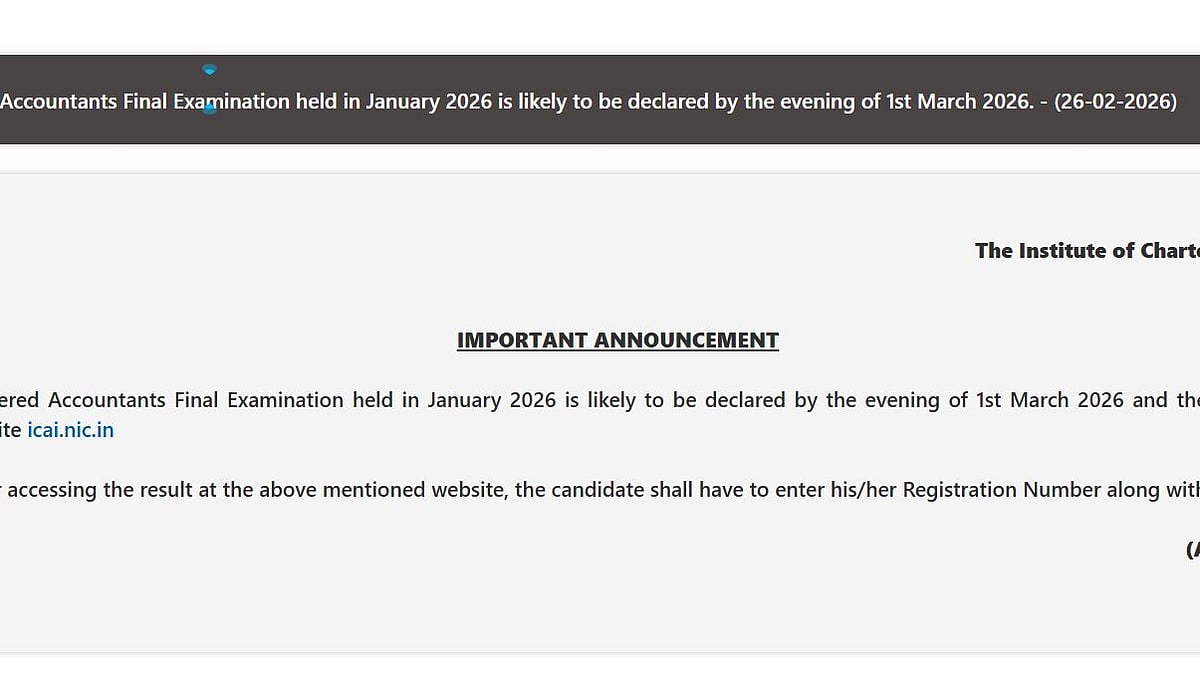Bhikangaon (Madhya Pradesh): On Tuesday, National Deworming Day's ambitious campaign to distribute deworming tablets to children and pregnant women across Bhikangaon tehsil of Khargone district was marred by a severe shortage of tablets. Despite over a month of preparation, thousands of children, especially in rural areas, were left without access to essential medication.
Even in the city’s schools, no tablets were distributed. The Health Department initially planned to distribute 115,771 deworming tablets to 83,779 children between 6 months to 19 years of age, and 21,992 pregnant and lactating mothers in the Bhikangaon Block.
Albendazole tablets were to be administered across 47 sub-health centres, 268 Anganwadis, and 378 schools. However, only 50,000 tablets were available, covering less than half of the target population.
One month of preparation, but a major shortfall
Preparations for this day had been underway for over a month, with various departments holding meetings to ensure 100 per cent coverage. Despite these efforts, the Health Department could only distribute half the required tablets, leaving both officials and residents questioning how the remaining population would be covered.
Dr Vijay Verma, block medical officer (BMO), stated that the department managed to distribute 50,000 tablets on National Deworming Day with the help of health workers, ASHA workers, and ANMs in the block’s schools and Anganwadis. He reassured that the remaining tablets would be distributed the next day, and another round of the campaign would be held on September 13 to cover those missed.
Widespread distribution failures
However, on-the-ground reports painted a different picture. In many rural areas, including Muwasia Falia, Prathmik Vidyalaya Ambabari, and Bechan Falia, schools did not receive any tablets. Even in urban schools, thousands of children from over 15 institutions were left without deworming medication.
Despite the Health Department’s intention to cover every child and pregnant woman in the region, the shortage presents a major obstacle to achieving their goal. As health officials scramble to cover the shortfall, concerns are growing over how the campaign will fulfill its promises without the required resources. National Deworming Day, designed to improve the health of vulnerable populations, now faces the challenge of providing treatment to those left behind.






